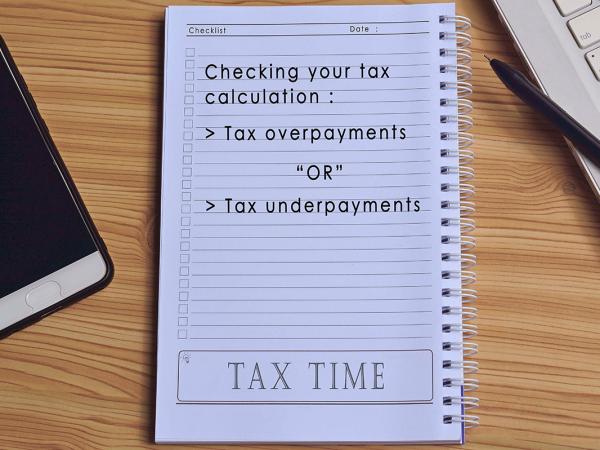Important information for employees being paid on the 4th or 5th of April 2024
There are 53 Thursdays and Fridays in the 2023/24 tax year, rather than 52. If you are weekly paid and will be paid on Thursday 4th or Friday 5th April, then you may encounter a ‘week 53’ issue which could impact your tax position.

If you are usually paid weekly on a Thursday or Friday, the way dates fall in 2024 mean that in the 2023/24 tax year, you will receive 53 pay packets rather than the standard 52 by 5 April 2024. The extra pay packet is known as ‘a week 53 payment’.
Week 53 can also affect 2–weekly and 4-weekly paid employees in certain years. More on this below.
TIP: Week 53 will not affect monthly paid employees or those paid on Saturday, Sunday, Monday, Tuesday or Wednesday as there are only 52 of these days in the 2023/24 tax year.
The way PAYE works means that you should have received all your tax-free pay for a tax year through the payroll by week 52. Even so, HMRC instruct employers to give you an extra amount of tax-free pay to set against your wages for week 53 payments, so that take home pay for that week does not vary too much from the usual level. For weekly paid employees, this will be an extra £242 of tax-free pay.
But this means that by the end of the tax year, you will have received more tax-free pay than the standard tax free personal allowance for the year, and so you will not have paid the right amount of tax.
Once the tax year ends, HMRC may take steps to collect the tax underpaid as a result of the extra personal allowance given and may send you a P800 calculation.
TIP: Where your earnings are below the personal allowance by week 53, this situation should not occur and you should have no further tax to pay.
If you usually pay tax at 20% the tax due because of the week 53 adjustment will be £48.40 (i.e. £242 @ 20%). Please note in Scotland the underpayment might be slightly different. This is because rates are different - depending on the level of your income the amount could be 19%, 20% or 21% of £242.
The underpayment could then be collected through an adjustment in your tax code, allowing the tax owed to be collected in smaller, more manageable instalments by deducting slightly more tax from your future income each week. There are other ways of settling a P800 underpayment if necessary.
Week 53 can also affect two–weekly paid employees in certain years as they may receive 27 two-weekly payments rather than 26. It may affect four-weekly paid employees too, who can receive 14 four-weekly payments instead of the usual 13. With these pay cycles, any potential underpayment will be more:
- two-weekly: If you usually pay tax at 20% the tax due because of the week 53 adjustment will be £96.80 (i.e. 2 x £242 @ 20%).
- four-weekly: If you usually pay tax at 20% the tax due because of the week 53 adjustment will be £193.60 (i.e. 4 x £242 @ 20%).
TIP: Strictly speaking week 53 underpayments for two-weekly employees are known as week 54 underpayments. For four-weekly employees they are known as week 56 underpayments.
If you receive a P800 showing a week 53/54/56 underpayment, understandably, you may think that your employer has done something wrong. However, this is unlikely to be the case - your employer will almost certainly have operated PAYE correctly and in accordance with HMRC’s rules. The underpayment of tax is an unfortunate consequence of having 53 (or 27 or 14) paydays in the one tax year.
The main thing is to be aware of the issue and budget for it, so that the P800 tax calculation showing that you have not paid enough tax does not come as a nasty shock.
TIP: P800s can sometimes be wrong. If you get one, make sure you check it carefully. If you are expecting one and don’t get one, it may be that the underpayment falls within HMRC’s tolerance levels for the year.



